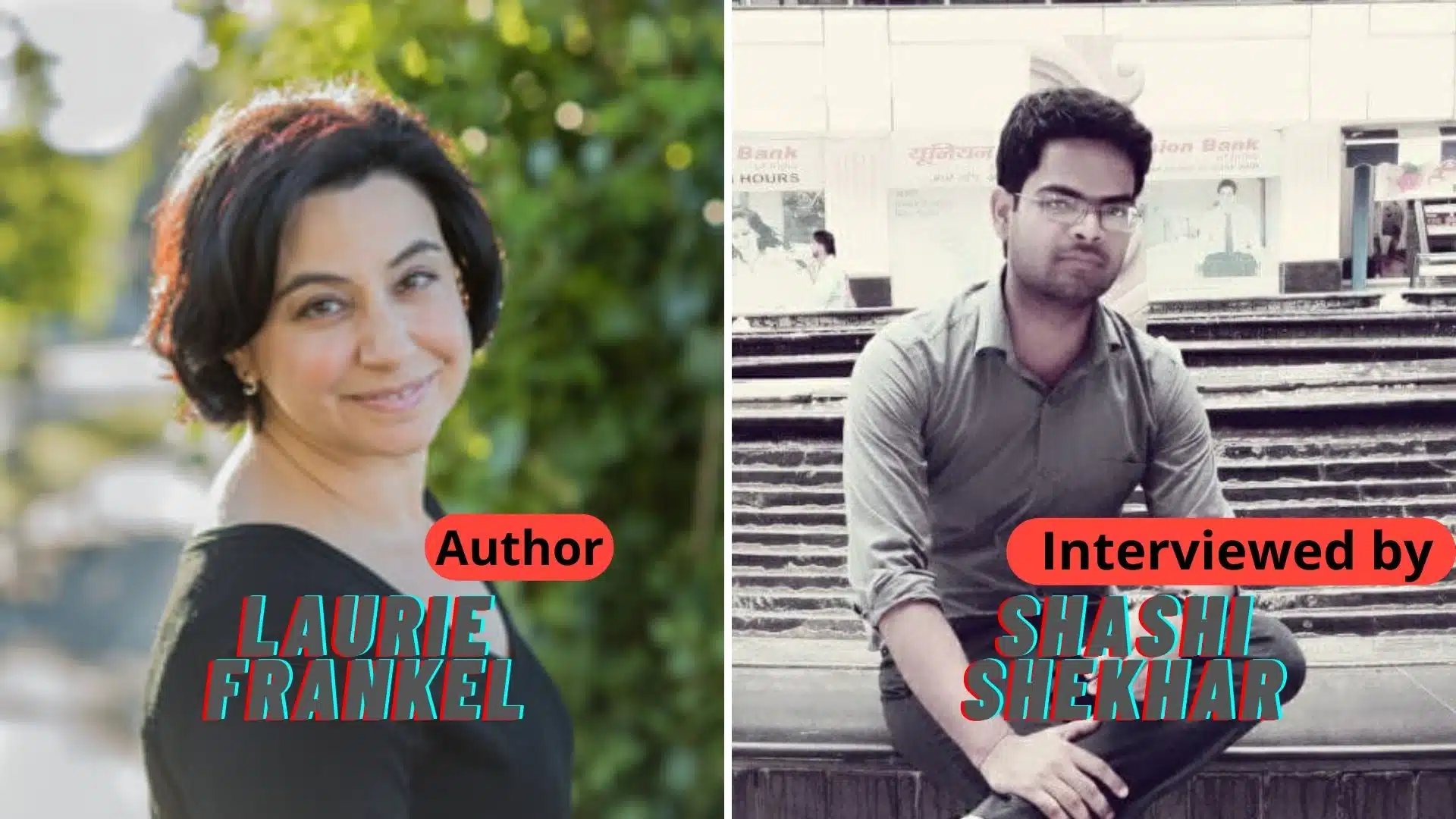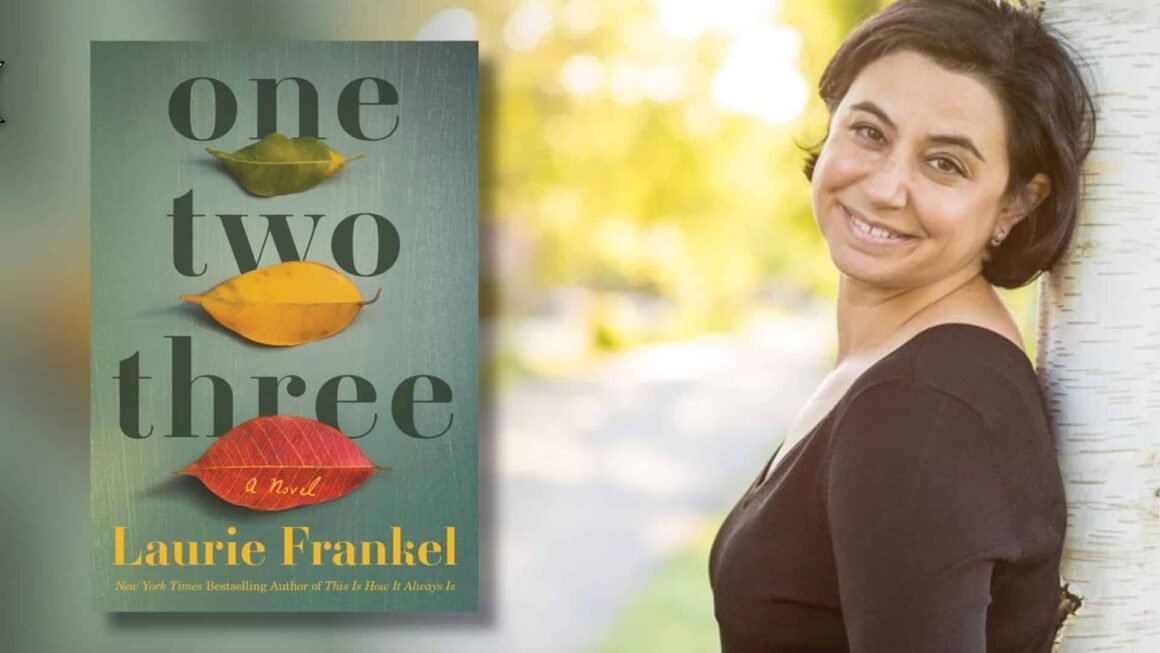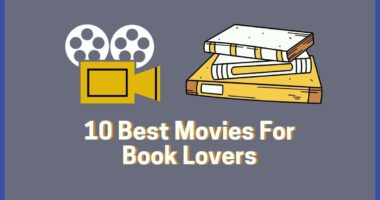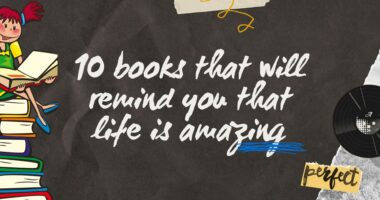- I mean, there’s just so much wonderful to read, that I want to read something different every time.
- So it differs from book to book.
- Start writing now, like this afternoon I think would be a great time to start.
- I like drafting, I like revising, I like editing, all that part is really great but I find publishing to be very challen…
- Like when your book leaves your hand and goes out into the world, is a very different part and needs a very different sk…
- Also Read: 13 Reasons Why You Should Get Your Book Edited
Laurie Frankel is a renowned author. She is the New York Times best-selling, and award-winning author. Her writing has likewise appeared in The Guardian, The New York Times, People Magazine, Lit Hub, The Sydney Morning Herald, and some other publications. Laurie Frankel has also received the Washington State Book Award and the Endeavor Award. Today we have bought you an exclusive interview with Laurie Frankel.
When did you first realize you wanted to be an author?
Thank you so much for doing this, I always love to talk to young authors. You know, some days, I’m still not sure (laughs). I was always writing when I was really young, it was something I really loved to do. But it wasn’t clear to me that it was something I could do except for fun. It just seems like a hobby to me. And like I said, some days, I’m still not sure.
Who is your literary and general inspiration?
I love that question and I want to give you a specific answer but it’s hard. Everyone writes different things and everyone solves problems in different ways. And there’s just so much out there. I mean, there’s just so much wonderful to read, that I want to read something different every time. I want all of it. So I’m inspired by so many people. Like Ruth Ozeki has a new novel coming out this fall, and she is a favourite of mine. She is an inspiration personally, artistically and professionally. Karen Joy Fowler has a new book out next March, and she is an author I turn to for inspiration over and over and over. She’s such a beautiful writer. Plus, I read a lot of Shakespeare, and that’s a different kind of inspiration because I wish I obviously can’t write like that.
Which person that you have met has inspired you the most in life?
My husband reads all of my early drafts with extraordinary generosity. He is also wildly talented and generous of spirit and kind and intelligent. So inspirational in all ways. I find my kid very inspirational in a different ways, in that she is twelve, and she’s just growing up, and it’s an important perspective to have. I think that the joy in new things and all the wonder that she experiences in her world and in her life is inspirational. My parents have also been really wonderful and supportive always and that was very inspiring to me in a literal, practical way as I was growing up, and now it has become something different now that they live across the country. Now we’re close in a different way because now I’m an adult. But I still find them inspirational and remarkably supportive. So yeah, everybody inspired me in my life, like everyone played a role in my inspiration. I’ve been very lucky in that way.
Where do you get ideas for your books?
It’s such a good question and it varies so widely. That too I comes largely from reading I think, from sitting down with a newspaper every morning, from reading internationally, from reading interculturally, from making sure you’re taking in as much information as you can from as wide a variety of sources as possible, from paying attention. Most of the ideas kind of go into your break and leave, but some get stuck and you can’t stop thinking about them, you can’t stop revisiting them. They kind of plant themselves and grow slowly into this other thing. And as far as where that information comes from, it depends from book to book. It depends how much research has to be done in advance, what that looks like, where it comes from, whether it’s going to be book research or whether you’re going t go to a library, whether it can be done on the internet or whether you need to do people, and where it needs to go from there. And also within the book, the kind of info research I need to do going in is really different from the kind I do later on in the process.
So do you travel to different countries to understand the culture of those countries and inculcate them in your novel?
It depends on the book and what I’m trying to do with it. This new book I have written, called ‘One Two Three’, it is purposefully set nowhere in particular. There’s a little note we put in the beginning saying that this isn’t a place you can find on the map. This is a place I took great pains not to locate, to make sure that you couldn’t locate it. But this isn’t how it always is, the last third of my previous book takes place in Thailand, so I went to Thailand and did exactly what you’re talking about – a lot of practical research, a lot of meeting people, talking to them, looking at different perspectives and how would they would seem not to me but to the characters I have created. So it differs from book to book.
What is your suggestion to young authors if they want to start writing? Like at which age should they start?
Oh now, they should start now. Anyone who’s interested in writing should start now, for sure. You know, it’s interesting because it is one of those things that is never to early to start. There isn’t a physical issue with like a sport, where you’re not mature enough yet. Start writing now, like this afternoon I think would be a great time to start. And two, so much of writing is reading and that would be my best piece of advice for young writers who want to start writing – to sit down and read as much as you can, as widely as you can, as often as you can. As far as writing practice goes, just sit down and read six books a week and see where you are. That is something you can and should do when you’re very, very young, that is wonderful practice and wonderful training, Now’s the time to start, and it’s so effective when you’re young!

What do you like to do when you’re not writing?
Well, I’ll tell you, there’s a lot of parenting, which takes up a lot of time. And there’s a lot of reading. One of the occupational hazards of being a writer is that there stops being a line between reading for pleasure and reading for work, which is okay because I find reading very pleasurable anyway. But I certainly spend lots of my off hours reading books. And it’s also work but it is also a pleasure. So as to the rest, I don’t know. Like I like to travel, but of course I haven’t done it in the past one and half year, and I used to do yoga, but now I just do yoga in the bedroom. Life has changed a lot in the past one and half year and we’ll see what it looks like on the other side I guess.
Can you tell our listeners about the ups and downs you have faced in your career as an author?
Ups and downs is exactly what it is I think, it’s a rollercoaster for sure, and some times day to day, and not in the ways you expect. I personally find the writing to be the good part. I like drafting, I like revising, I like editing, all that part is really great but I find publishing to be very challenging. Like when your book leaves your hand and goes out into the world, is a very different part and needs a very different skillset. And it’s a strange thing to let something that has lived in your brain for three years to suddenly live in the world, so I find that transition to be a little challenging. I will also say that I write really bad rough drafts and then slowly make them better so that is also an up and down. But that isn’t emotionally an up and down because I feel like well, this is terrible and that’s great because it exists. I have a draft and all I have to do is improve it, and that is heartening. Even work wise, you sort of have good days and less good days, and so I find the good days very valuable.
So is self-publishing different from other publishing? What is your suggestion for self-publishing versus traditional publishing?
Oh boy, that is hugely different from person to person. I do not self publish for lots and lots of reasons. I don’t want to say this but it’s mostly because I find that the publishing part of the process is something that I want others to be in charge of. I don’t know how to pick a cover for the book, I don’t know how to sell the book, so I certainly want other people to be involved in that part of it. I think my editor is a genius, I’m lucky that I work with her. She improves the book at every stage, she’s not just sitting there with a red pen making small changes. She makes me think about ways in which the book could be bigger, better, wider and I find that to be invaluable. I love to have a team of people that I’m working with and my job is writing and they have other jobs that are hard in other ways. So people who prefer all of that being in their control, that’s one of the things that self-publishing buys you. But it means you are spending a lot of time doing things besides writing and I really just want to do the writing. So it’s a straightforward answer from my side, but it differs hugely from person to person.
For you, what makes a great story?
I want the characters to learn something over the course of it. That’s what I want as a reader and that’s what I want as a writer, and it has to be a thing that’s worth learning. It’s quite a simple answer for me, and it’s interesting when you ask it that way, but yeah. Very simply, I want my characters to have learnt something over the course of these pages and over the course of their journey.
Can you tell us a story from your life that you think will inspire young aspiring authors?
I’m trying to think if there’s one in particular. I think it’s less individual stories. It’s an interesting follow up from your last question, because you’re asking what I have learnt over the course of this book. Yeah, so I was teaching and working full time when I was writing my first and most of my second novel. I don’t think you can know whether or not you can write a novel without writing a novel. I certainly wasn’t sure I could do it or even if I wanted to do it until after I had done it and I think that’s true for a lot of people and that’s the thing to learn. Try and see what happens, try and see if you want to (do it), try and see if you like it. It’s quite a lot like butt plus chair, it’s a lot of time sitting around and doing the work. So it’s not everyone’s cup of tea I suppose. It’s definitely something that a lot of people who think they want to do it might in fact find that they don’t. So the story is that at the time I was writing during summers, I would hand in my grades and sit down and read in the summer for two months in the summer every day. And I think that’s just the perfect way of seeing whether this is something that you want to do. Then I had an idea about what to do after finishing a novel and so I went to the library and checked out books about how to find an agent, how to publish a novel. So I think the moral of the story of my journey is that you don’t need to know what you’re doing, you don’t need to know anyone, you don’t need to have taken any classes, you don’t need to have contacts. But it’s going to be lots and lots of hours sitting in a chair , drawing things that don’t work, scrapping those things and trying something else.
So these days many TV shows are adapting books. Can we see your books getting adapted in the future?
Well, so they’re under contract. They’ve been there – they’re in the pipeline. Whether this will happen I do not know, but they’ve been auctioned. For me, that’s a totally out of my hands, it’s a completely different thing and it’s certainly out of my skill set. It’s nice to be able to watch that kind of Hollywood TV show movie business from afar instead of the publishing business that I’m so up close with. So I don’t know, we’ll see, we’ll find out.
So are you confined only to Hollywood? Can Bollywood also adapt your books?
That would be great, I would love that! I think it’s a great idea. It’s a fantastic idea. I love that idea! I’m thinking which of my books would be best for Bollywood. I don’t know, but I’m going to think about it cause that’s a really good question.
Do you have a final parting word of advice?
Read, read, read everything. And try it for a little while I think. It’s so interesting that the final question is always something that you and I have talked about because it comes up in the general course of things. I think writing is one of those magical things that can be done by almost anyone and tried by many, many people. So that’s exactly the thing to do – read everything and sit down and try to write and see how you like it. See if instead of doing it for half an hour you did it for three hours, see if instead of doing one day a week you did it every other day, see if you still like it, see if it’s still fun. And I suppose the other piece of advice I always offer young writers is that of course it’s terrible at the beginning – it’s the beginning. Give it some time and revise it and revise it and revise it. Cut everything you can live without and write it again. Eventually it’s gonna get good, so don’t panic prematurely. Don’t conclude like, oh I’ve been at this for six months a year three years and it’s no good yet. It’s not that it’s bad, it’s just not finished yet. So I think sticking with it is also a really good piece of advice. Just don’t stop after writing crap, write it more.
An Exclusive Interview With Laurie Frankel | Author of One Two Three
Also Read: 13 Reasons Why You Should Get Your Book Edited



